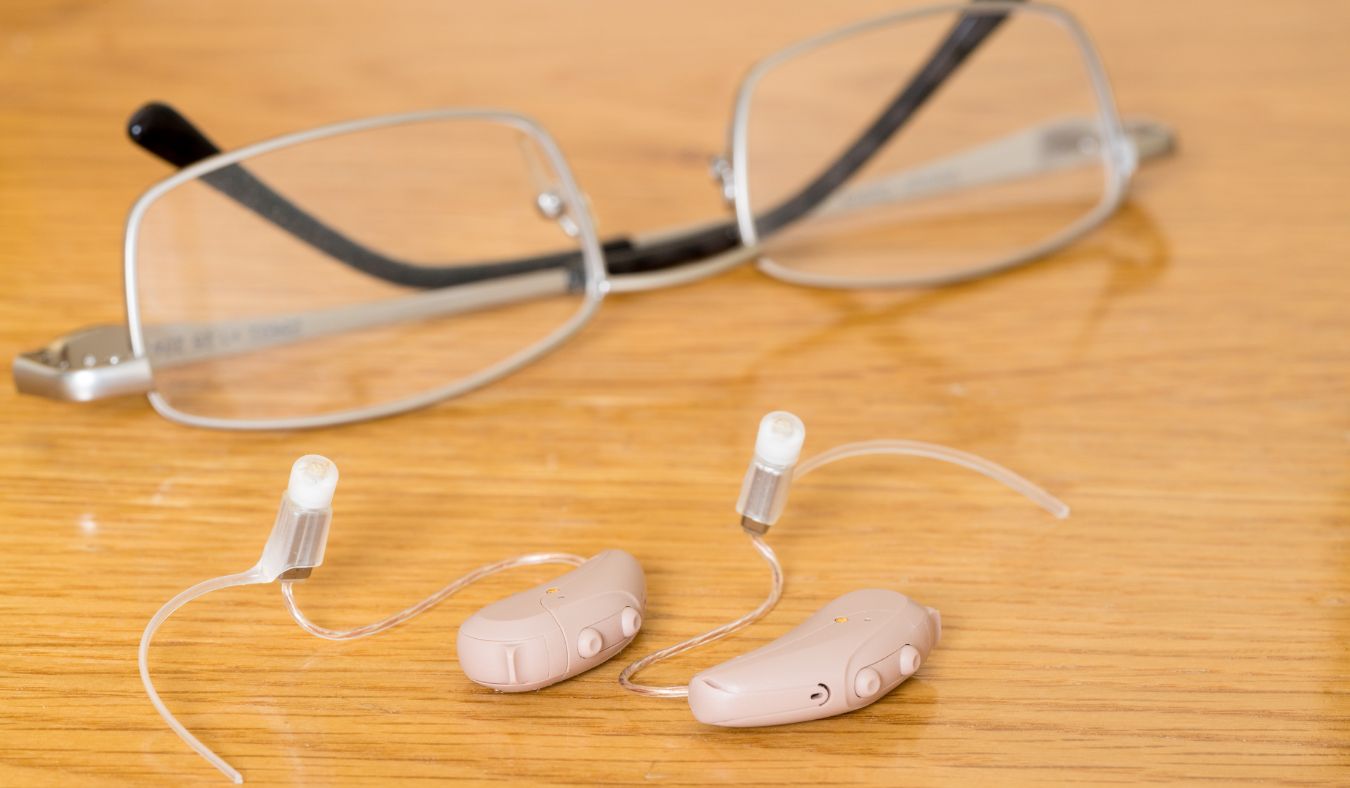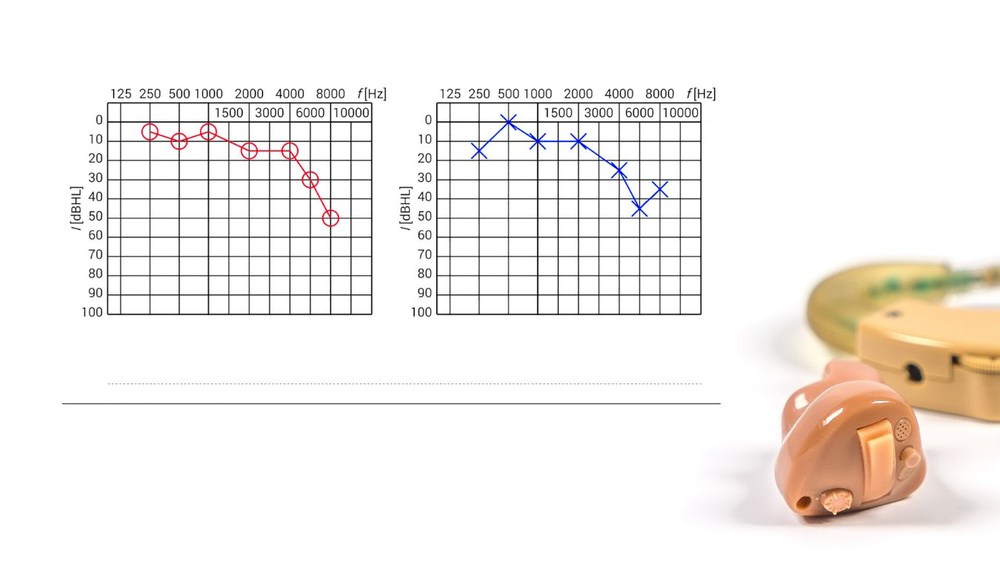How Smart Hearing Aids Automatically Adjust to Your Environment
Modern hearing aids have evolved from earlier designs that required
New Location Now Open in Eugene! LEARN MORE →


Modern hearing aids have evolved from earlier designs that required

Regular hearing tests are important even if you haven’t noticed any

Your hearing test results do more than just tell you whether you have